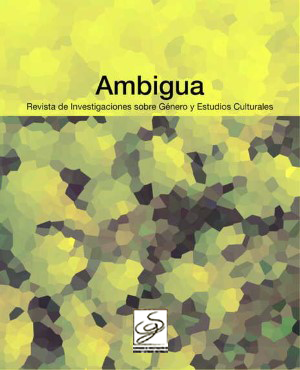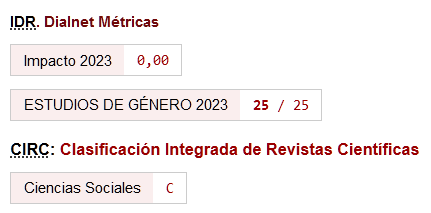La poésie orale féminine : des analogies entre la lyrique française du Moyen Âge et la tradition orale espagnole
Parole chiave:
chanson de femme; lírica medieval; literatura comparada; folklore; poesía oral; mujer; visibilidadAbstract
La “chanson de femme” (canción de mujer) es un género que se desarrolla en el norte de Francia durante los siglos XII y XIII. A través de numerosas variantes temáticas y rítmicas, estas formas poéticas presentan a la mujer en primera persona y constituyen la voz de aquellas mujeres medievales alejadas de los códigos cortesanos.
A través del estudio de las antologías poéticas del medievo francés de André Mary y Pierre Bec y de cancioneros hispánicos del siglo XX realizados por los etnógrafos y musicólogos Maestro Haedo y Miguel Manzano, así como de las referencias bibliográficas indispensables, estableceremos una comparación entre los diferentes tipos de “chanson de femme” y las composiciones líricas populares del noroeste de España. Descubriremos que, además de semejanzas estructurales, la temática y los motivos propios de los cantos femeninos franceses del periodo medieval siguen presentes en el folklore de la península ibérica.
El patrimonio inmaterial transmitido por la memoria colectiva nos hace sentir la “chanson de femme” como una queja contra la sumisión a las innumerables imposiciones y presiones ideológicas y una expresión del alivio y el goce de ser libre por encima de todo celo y culpabilidad. Las canciones aquí estudiadas dan visibilidad a numerosos aspectos socio-culturales de la vida las mujeres de otras épocas y rastrean su continuidad hasta el presente.
Downloads
##submission.downloads##
Pubblicato
Come citare
Fascicolo
Sezione
Licenza
Las autorías que publican en esta revista están de acuerdo con los siguientes términos:
- Los autores conservan los derechos de autor y garantizan a la revista el derecho de ser la primera publicación del trabajo al igual que licenciado bajo Licencia Creative Commons Atribución-NoComercial-CompartirIgual 4.0 Internacional la publicación inicial en esta revista: Attribution-NonCommercial-ShareAlike 4.0 International (CC BY-NC-SA 4.0)
- Las autorías pueden establecer por separado acuerdos adicionales para la distribución no exclusiva de la versión de la obra publicada en la revista (por ejemplo, situarlo en un repositorio institucional o publicarlo en un libro), con un reconocimiento de su publicación inicial en esta revista.
- Se permite y se anima a las autorías a difundir sus trabajos electrónicamente (por ejemplo, en repositorios institucionales o en su propio sitio web) antes y durante el proceso de envío, ya que puede dar lugar a intercambios productivos, así como a una citación más temprana y mayor de los trabajos publicados (Véase The Effect of Open Access) (en inglés).
- Esta revista no cobra por publicar, es decir, no tiene APC's (the journal does not have article processing charges)
- Esta revista tampoco cobra ninguna tasa por el envío/presentación de trabajos (the journal does not have article submission charges)









